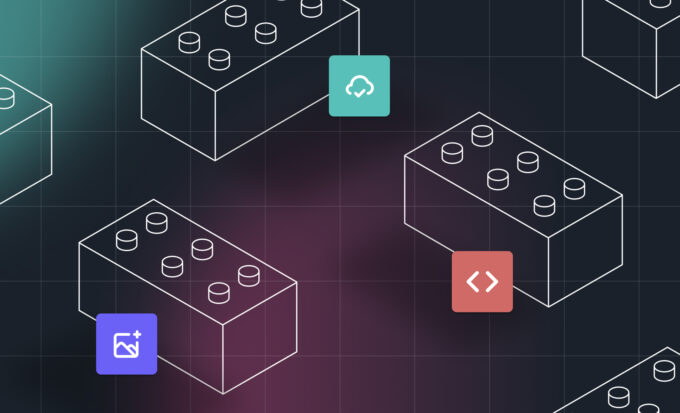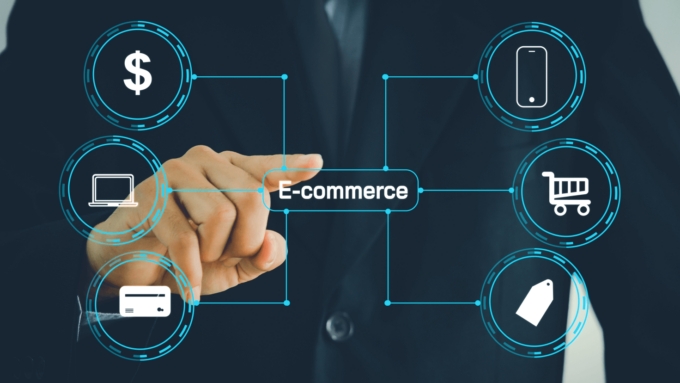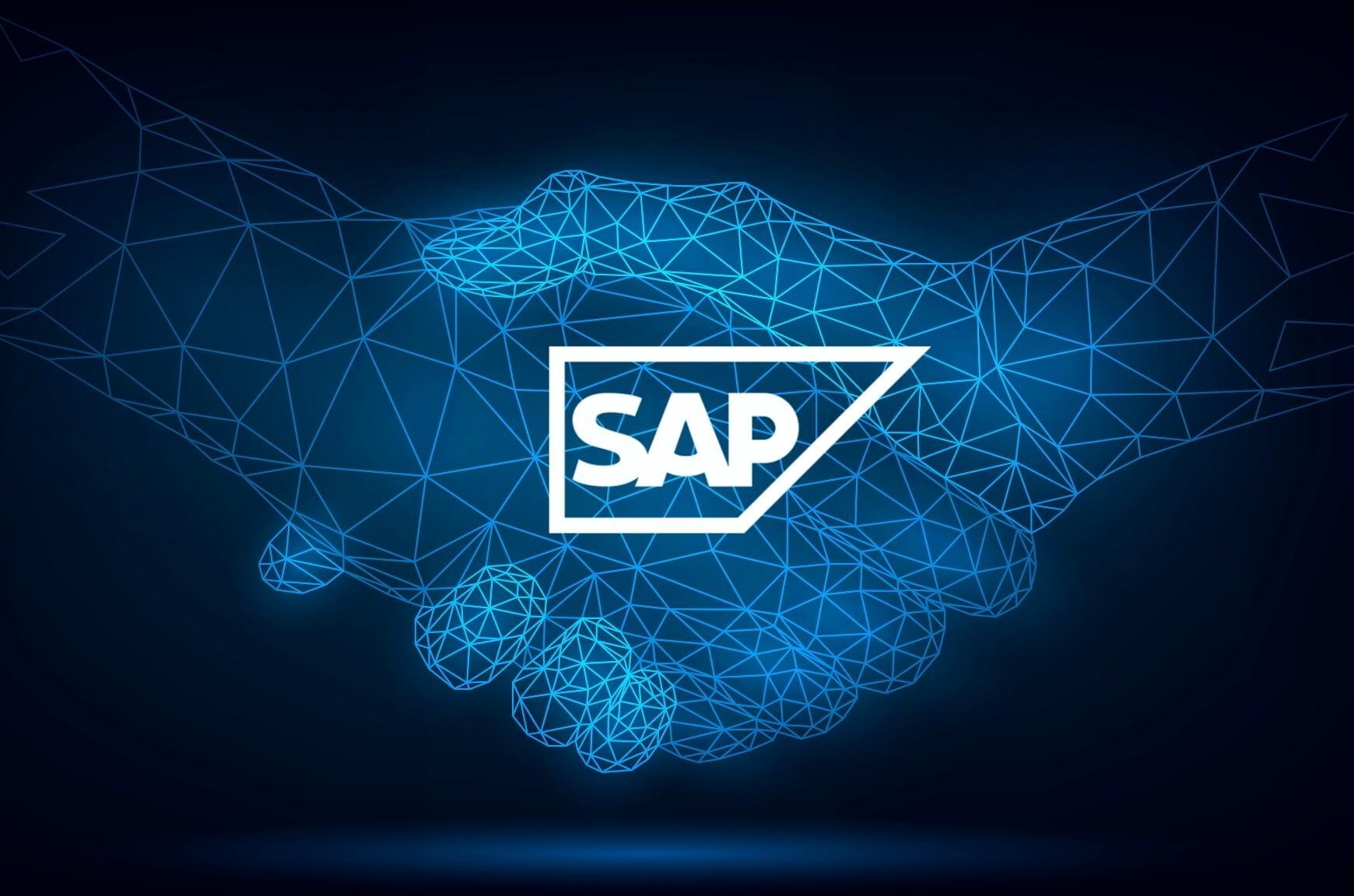Staying ahead of the competition and driving growth in a consistently shifting marketplace has become a significant challenge for many businesses today.
Agility has become essential to success, with companies needing solutions that are not only robust and powerful but can evolve quickly to meet changing consumer demands.
The answer lies in composable commerce: providing an infrastructure capable of continuously evolving alongside digital transformation while integrating easily into existing systems.
This article will outline the compelling arguments for future-proofing your SAP investments with composable commerce technologies, addressing aspects such as scalability, business agility, and more.
Introducing Composable Commerce and Its Impact on Future-Proofing SAP

As commerce evolves rapidly, businesses are looking towards Composable Commerce to future-proof their operations.
This innovative approach to commerce enables companies to quickly adapt and evolve their offerings in response to constantly changing market conditions and customer demands.
By leveraging modern microservices architecture, Composable Commerce allows businesses to break down their operations into smaller, more manageable components, thus enabling them to create unique, customized solutions ideally suited to their specific needs.
As SAP continues to play a vital role in many companies’ digital ecosystems, it is clear that embracing Composable Commerce SAP is an essential step towards ensuring long-term success and growth.
Examining the Interconnected Ecosystems of Cloud, IoT, Big Data, and Machine Learning
In today’s ever-evolving digital landscape, enterprises face the challenge of seamlessly integrating and leveraging various technologies.
From cloud computing and the Internet of Things (IoT) to big data and machine learning, these interconnected ecosystems are vital to unlocking valuable insights, driving data-driven decisions, and delivering personalized customer experiences.
To navigate this complex terrain, Composable Commerce emerges as a cutting-edge technology designed to integrate within SAP landscapes seamlessly.
By embracing composable commerce solutions, businesses can effortlessly harness the power of these interconnected systems, enabling them to stay one step ahead of the competition.
With real-time data, organizations can continuously optimize their operations, ensuring efficiency, agility, and unrivaled customer experiences.
Analyzing the Benefits of Composable Commerce for Agile Business Solutions

One of the critical benefits of composable commerce for businesses is its ability to facilitate agility. With traditional monolithic commerce solutions, making changes or updates can be lengthy and complicated, often requiring significant resources and downtime.
Composable Commerce eliminates these hurdles by allowing businesses to quickly and easily update individual components without disrupting the entire system.
Furthermore, with composable commerce’s modular approach, organizations can choose which components they want to integrate into their SAP ecosystem, allowing for a tailored solution that meets their unique requirements.
This flexibility not only ensures optimal performance but also makes it easier to incorporate emerging technologies as needed in the future.
Exploring the Core Elements of Composable Commerce
Composable Commerce is built on three core elements: APIs, Headless Architecture, and Microservices. These components work together to form a robust framework that can unlock the true potential of SAP and its integration within the broader digital landscape.
APIs are crucial in composable commerce solutions by enabling seamless communication between different systems and applications. By exposing specific functionalities as APIs, businesses can easily integrate their SAP system with other technologies and platforms, creating a unified ecosystem that drives efficiency and innovation.
Headless architecture refers to the decoupling of the front-end presentation layer from the back-end commerce logic. It allows for greater flexibility in design and customization, as well as easier integration with new technologies.
Lastly, microservices refer to modularizing commerce functionalities into smaller, focused components that can be easily assembled and reconfigured. It enables businesses to build a custom solution that meets their needs while ensuring future scalability and adaptability.
Ensuring Scalability Through Composable Commerce Solutions

One of the critical considerations for any business looking to future-proof its SAP investments is scalability. As companies grow and evolve, they need solutions that can expand alongside them without causing significant disruptions or requiring costly upgrades.
With its modular, microservices-based approach, composable commerce is inherently scalable. Businesses can add or remove components as needed, allowing for a more efficient and cost-effective way to scale up their operations.
This flexibility also enables organizations to respond to changes in market demands and customer preferences quickly, ensuring continued success and growth.
Optimizing Customer Experience with Composable Commerce
In today’s digital age, customer experience is more critical than ever. With rising competition and increasing consumer expectations, businesses must prioritize delivering seamless and personalized customer experiences.
Composable commerce is crucial in optimizing the customer experience by providing organizations with real-time data and insights that enable them to understand and anticipate customer needs.
By leveraging technologies such as machine learning and big data analytics, businesses can personalize offers, recommendations, and customer interactions for a truly tailored experience.
Highlighting the Importance of Digital Transformation for SAP Customers in The Future
As the digital landscape continues to evolve, it is clear that embracing composable commerce and other emerging technologies will be crucial for SAP customers looking to stay ahead of the game.
Integrating cloud, IoT, big data, and machine learning holds immense business potential in efficiency, agility, and customer experience.
To fully reap these benefits, organizations must prioritize digital transformation and invest in solutions seamlessly integrating with their existing SAP landscapes. By doing so, they can future-proof their operations and ensure long-term success in an increasingly competitive market.
Composable commerce presents a unique opportunity for businesses to harness the power of interconnected ecosystems and unlock untapped potential within their SAP environments.









